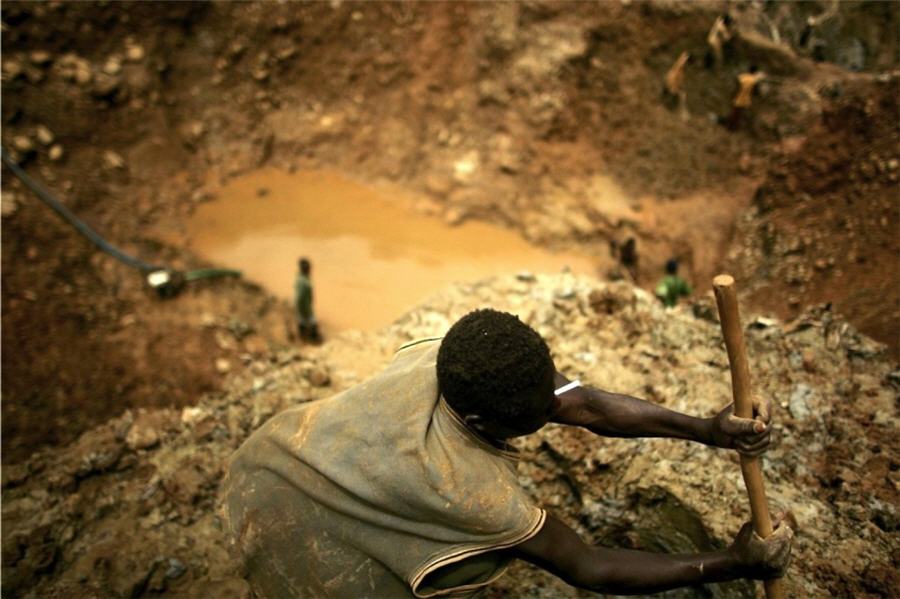
By Nyasha B Dube
ZELA Youth Network Youth Initiative Campaign (YICA) ambassador Malik Chishuvo has called for the protection of children in mining host communities, saying their health is at high risk due to negative impacts of extraction perpetuated not only by illegal miners but corporates as well.
This comes after several incidences have been reported where mining threatened children’s health and safety.
One such incident was the collapse Globe and Phoenix Primary School in Kwekwe, which resulted in 14 pupils being injured due to suspected illegal mining activities which were happening underground.
Presenting on the effects of mining projects on environmental child rights in a discussion facilitated by Marange Women Alliance, Chishuvo said, “Children are particularly vulnerable as compared to adults because of their developing physical and mental health. A horrible example which shows how children can be affected more than adults occurred here in Zimbabwe a few years ago, where mining companies, Marange Resources and Anjin Investments polluted Save and Odzi Rivers with untreated effluent, raw sewage, metals and chemicals. The resulting cases of skin diseases and diarrhoea were more prevalent in children.”
Chishuvo went on to cite more cases of how mining activities are affecting children’s health in host mining communities such as Shurugwi and Zvishavane.
Sadly, Zimbabwe has many cases that show how mining activities negatively affect our most vulnerable and valued children more than adults. Chrome mining projects which occur mostly in rural areas such as Shurugwi and Zvishavane negatively affect children who are culturally expected to herd cattle, in the same areas where mining projects occur. There are recorded cases where children lost their lives after falling into deserted mine pits, whilst herding cattle.
Chishuvo
In recent years, mining activities have been increasingly prevalent, especially in developing countries. Although these mines bring job opportunities and economic benefits, their impact on children’s health has been significant.
According to World Health Organization (WHO), air pollution is one of the leading causes of death amongst children globally.
One Mazvita Ruwambara who also weighed in on the discussion highlighted the emotional and psychological impacts of children’s exposure to dangerous substances used in mining.
Impair brain and nervous system development. Exposure to violence at an early age can impair brain development and damage other parts of the nervous system, as well as the endocrine, circulatory, musculoskeletal, reproductive, respiratory and immune systems, with lifelong consequences. As such, violence against children can negatively affect cognitive development and result in negative coping and health risk behaviours. Children exposed to violence and other adversities are substantially more likely to smoke, misuse alcohol and drugs, and engage in high-risk sexual behaviour. They also have higher rates of anxiety, depression, other mental health problems and suicide.
Ruwambara
A recent report by the World Health Organization (WHO) estimates that approximately one million children worldwide are affected by health issues arising from mining activities.
The report highlights that mining activities result in the over-exposure of children to harmful chemicals and other pollutants, such as mercury, lead, and arsenic. These chemicals enter into the air, water, and soil, causing severe health consequences for young children who are more sensitive to environmental hazards.
Children in mining communities also face inadequate access to healthcare that is vital to guaranteeing their rights to good health.
All this highlights a significant violation of children’s rights enshrined in the Convention on the Rights of the Child, including the right to health, education, and safety.
WHO and other agencies urge governments and industry to implement methods to prevent children’s exposure to harmful mining practices. This includes providing better access to affordable healthcare and education, creating policies to prevent child labor in mines, and increasing monitoring and enforcement for compliance with environmental regulations.